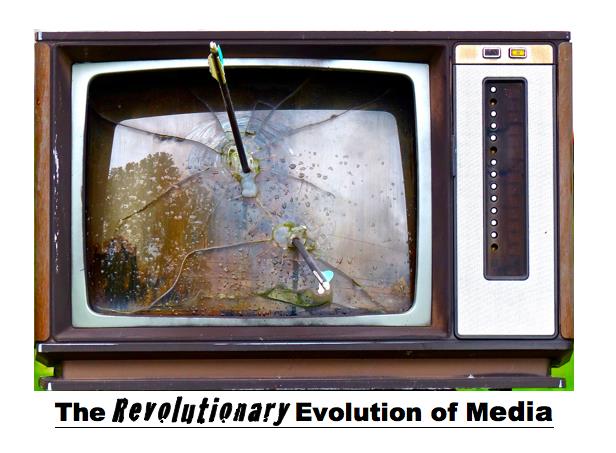TREotM: The 21st Century Takes Off

Chapter 11, Part 1
This is a book in progress. Go here to read the previous chapters
The world survived Y2K. Whew.
Everyone’s personal and business computer survived the much ballyhooed prognostication of the apocalypse. The new century debuted with TVHH penetration of the US at 98.2%; 75.6% of those HH had more than one TV set, 85.1% had a VCR and 65.9% subscribed to cable TV or satellite. Of the cable subscribers, almost 11% also subscribed to high speed internet and almost 3% subscribed to cable Voice-over-Internet-Protocol (VoIP) telephone service.
The new century took off with a very big bang on January 10, 2000 as AOL, in effect, purchased Time Warner for $164billion. New media took over old media. AOL boss Steve Case wore a suit to the announcement while Time Warner’s Gerald “Jerry” Levin skipped a tie. Time Warner shareholders got 45% of the new stock even though it had real assets and significantly greater revenues and cash flow; AOL, though, had a higher market cap.
Viacom turned down an offer to buy Netflix for $50million.
AT&T, straining with too much debt, separated its wireline from its cellular businesses in order to issue more debt. In 2001, it spun off AT&T Cellular in what was then the largest IPO in history. Later that year it also spun off AT&T Broadband and Liberty Media (which eventually wound up back in Dr. Malone’s hands). AT&T Wireless merged with Cingular using that name until 2007 when it became AT&T Mobility.
Comcast and AT&T Broadband complete their $47.5 billion merger, combining systems to serve almost 22 million video customers in 38 states and District of Columbia, with 6.3 million digital video customers, 3.3 million high-speed data customers and 1.3 million cable phone subscribers.
Apple launched the Safari browser in 2003; Firefox followed the next year. Comcast, which invested $380million in QVC, sold the channel for $7.7billion to Liberty Media.
Viacom spun out Blockbuster in 2004. The newly independent company launched Blockbuster.com presaging over-the-top services and began acquiring computer game assets and retail distributors.
Mark Zuckerberg, a Harvard student, launched a social media networking site at his school to help kids find dates. (Twins? What twins?) Instead, he changed the world and now almost a fifth of world’s population uses Facebook.
YouTube co-founder Jawed Karim uploaded a video of his visit to the San Diego Zoo … the 18-second clip was video #1. Now, BusinessWeekposes this inquiry, “ … about 80% of YouTube’s traffic comes from outside the US. An analysis of the top 10 videos by country revealed a surprising degree of overlap, suggesting a potential Ph.D. dissertation topic: Are countries that laugh at the same schlocky comedy skits less likely to wage war on one another?”
So what’s happening?
Ch-ch-ch-changes.
Fa-fa-faster and fa-faster.
Next week: Chapter 11, Part 2 – The 21st Century
The opinions and points of view expressed in this commentary are exclusively the views of the author and do not necessarily represent the views of MediaVillage.com management or associated bloggers.
In a 50-year career writing and reporting on media, Paul S. Maxwell started and/or ran some 45-plus publications ranging from CATV Newsweekly to Colorado Magazine to CableVision to Multichannel News to CableFAX and The BRIDGE Suite of daily newsletters and research publications. In between publishing stints, Maxwell served as an advisor and/or consultant to a number of major media companies and media start-ups including running a unit of MCI and managing a partnership of TCI and McGraw-Hill. Send any and all criticisms, suggestions, rants, threats, corrections, etc. to him at: cablemax@mac.com.


